Automating processes is one major part of how humanity has so quickly advanced in the last century or so compared with the rest of history but, like the internet in the 1990s, there's a new relatively unknown variable being introduced to the equation.
So far, the widely-used text-based AI ChatGPT (with the acronym standing for Generative Pre-trained Transformer) has been used by students trying to get away with submitting generated assignments, or by young adults asking ChatGPT to summarise concepts to understand them, but it's definitely not going to stop there.
General Motors is currently investigating the use of the chatbot in its cars thanks to its partnership with Microsoft, which is using the tech behind ChatGPT to power its Azure platform, as well as the chatbot now paired with its search engine, Bing.
Read more about autonomous cars
"ChatGPT is going to be in everything," GM Vice President Scott Miller said in an interview with Reuters.
Miller explained that the AI could become somewhat of a personal assistant to the driver, able to advise during situations like a flat tyre and explain the process of changing or repairing it.
First reported by Semafor, the news comes with Miller providing little more details than the idea that AI would allow such a system to surpass the current voice-activated standard.
"This shift is not just about one single capability like the evolution of voice commands, but instead means that customers can expect their future vehicles to be far more capable and fresh overall when it comes to emerging technologies," a GM spokesperson told Reuters.
OpenAI, the startup company which created the AI model that powers ChatGPT as well as image-generator Dall-e (which created the main image for this article), has just created the latest iteration of its AI model, called GPT-4.
"GPT-4 is a large multimodal model (accepting image and text inputs, emitting text outputs) that, while less capable than humans in many real-world scenarios, exhibits human-level performance on various professional and academic benchmarks," the company said in its announcement.
The pace with which OpenAI is developing its AI modelling means that it's not unreasonable to expect to soon see similar, albeit situationally limited, versions of the GPT modelling in the real world, including in our cars.

 "Thousands of customers are going to get a...
"Thousands of customers are going to get a...
 Cheap hybrid SUV exclusive! Dacia Duster...
Cheap hybrid SUV exclusive! Dacia Duster...
 It's Tundra time at last, Australia! Toyota's...
It's Tundra time at last, Australia! Toyota's...
 It's the new Holden vs Ford fight! Toyota...
It's the new Holden vs Ford fight! Toyota...
 Look out, Kia Carnival: Mitsubishi Delica...
Look out, Kia Carnival: Mitsubishi Delica...
 Should you sell your Toyota Kluger and buy a...
Should you sell your Toyota Kluger and buy a...
 An alternative to electric cars: Can hydrogen...
An alternative to electric cars: Can hydrogen...
 Don't order that Mazda CX-3 just yet: Shock...
Don't order that Mazda CX-3 just yet: Shock...
 The MR2 is coming! Prototype testing underway...
The MR2 is coming! Prototype testing underway...
 Revealed: Holden's future plans included...
Revealed: Holden's future plans included...




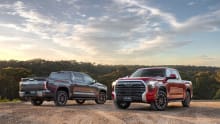

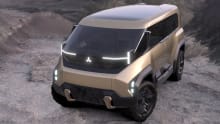
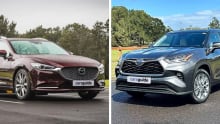
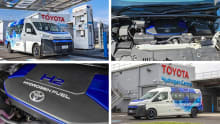
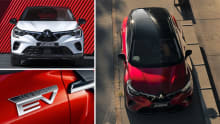

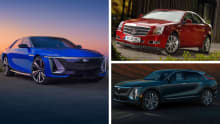
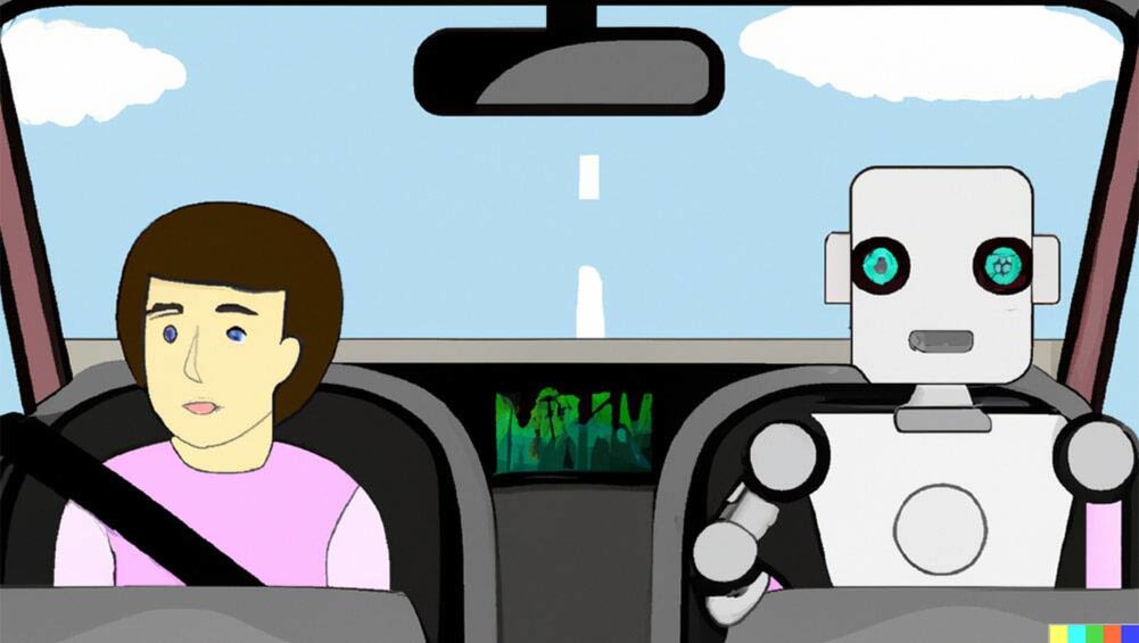





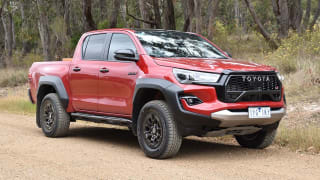
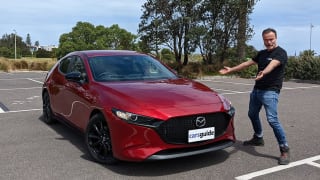
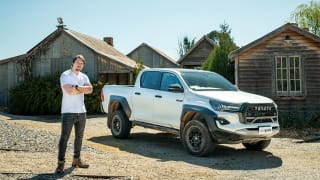
Comments